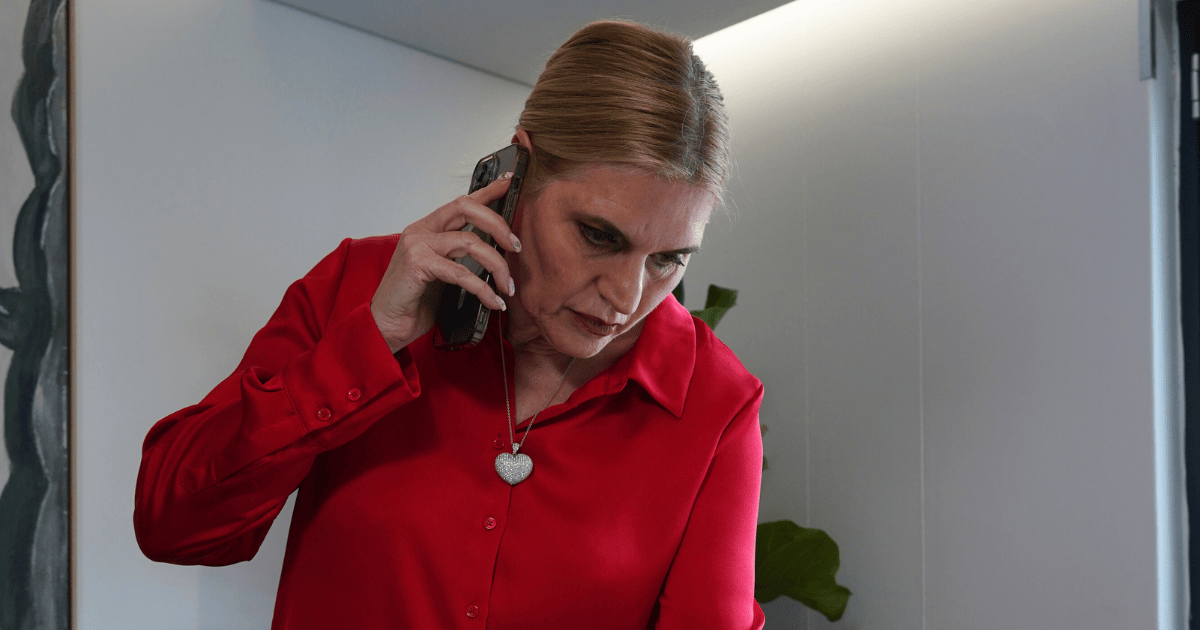It is a quirk of most matters related to minor children, especially when these are acrimonious, that a decision has to be made as to what is in the best interests of a minor child based on what the parents are seeking rather than what the child may want. This does not mean that a minor child isn’t allowed to have a voice on these issues, just that it isn’t always given much weight in influencing the final decision.
Examples of this include when parents in a divorce are arguing between themselves about how care and contact should operate, without knowing what type of care and contact the children themselves would be happy with.
Section 10 of the Children’s Act provides that if a child is of a sufficient “age, maturity and stage of development” to participate in the matter then they have the “right to participate in an appropriate way and views expressed by the child must be given due consideration”. This is ambiguous and has to be dealt with on a case-by-case basis, but it should be noted that whilst the voice of the child must be given due consideration, this does not mean that it will carry greater weight to influence the matter itself.
Nevertheless, there are general indicators as to when more weight will be given to the voice of a child. A teenager of seventeen, for example, has a stronger voice about which parent they live with and what contact should be exercised. Generally speaking, once children become teenagers and display an emotional maturity and greater understanding for the consequences of our actions, their voice gains weight.
The critical factor, however, remains that the best interests of the minor child are of paramount importance in all matters. As former children and teenagers ourselves, we can realise that we often do not make decisions based on our best interests if this conflicts with our own personal desires. Children can also be alienated or unduly influenced by one parent against the other, which could lead to an inappropriate result.
These issues are sometimes best assessed by, or dealt with through the guidance of, a suitably qualified psychologist who can receive input from the child whilst also accounting for what, on an objective basis, is in the best interests of that child.
Another way of addressing the voice of the child, if they are entitled to participate in the matter in an appropriate manner, is for them to be assigned their own legal representative who is independent of the attorneys for either of the parents, and who solely represents the interests of the child. This sometimes requires an application to appoint such a representative if either of the parents disagree with this method.
Children are not ignorant, and it is important to speak to your child in an appropriate and honest way to hear what it is they might have to say about the situation. The importance given to what your child says in the end will vary, but it is something that should be taken into consideration so that the child feels heard.
It should be remembered though that some situations may require that the involvement or awareness of the children on certain issues be deliberately limited, such as where one parent’s contact needs to be supervised because of an alcohol or drug problem.
As can be seen, this is all a very delicate balancing act, but one which is premised upon what will be best for the child in the end, whatever their own view may be.
For direct answers to your specific personal questions, please contact us directly.
Read more about our child law services.
Author – Murray Taylor





